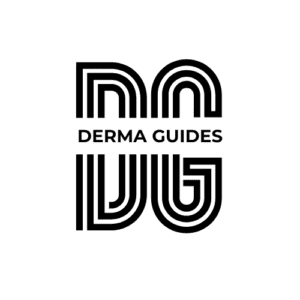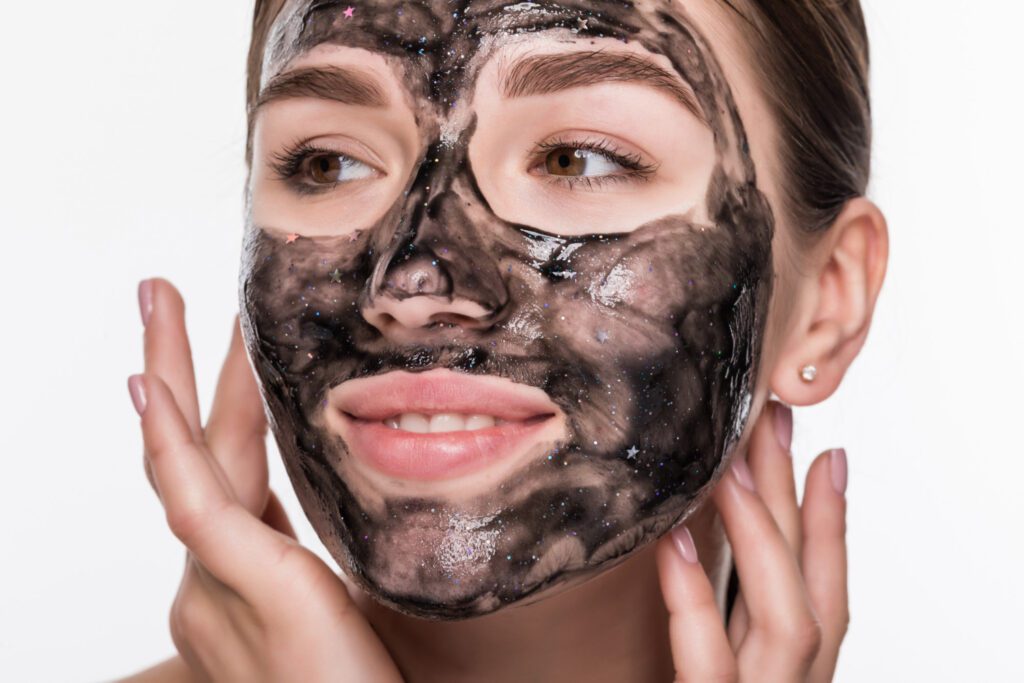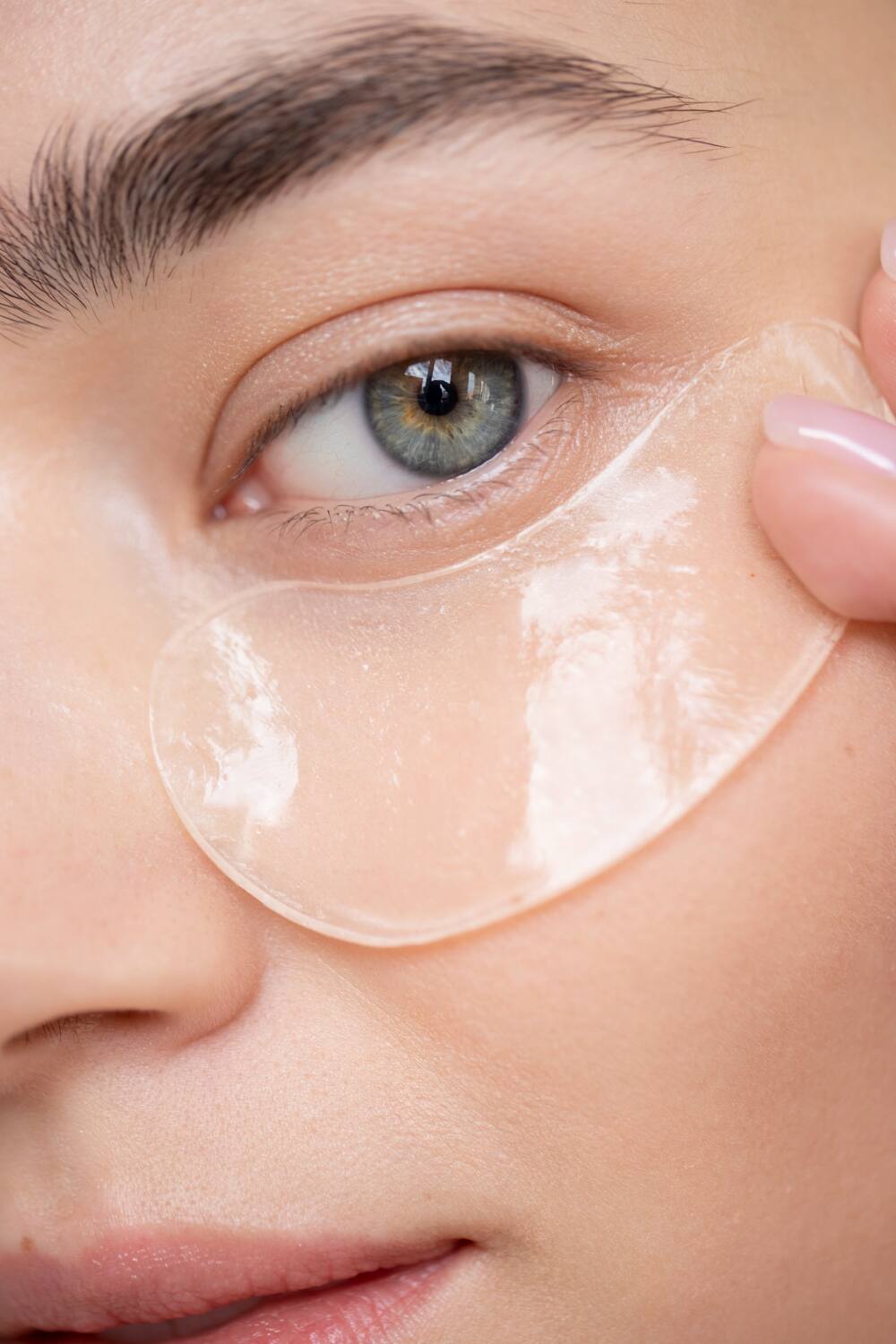In the ever-changing world of skincare, trends come and go, but some products stand the test of time due to their effectiveness. One such product is the charcoal mask, featuring activated charcoal as a key ingredient. This powerful substance has made its way into various beauty products, from cleansers to soaps. Its remarkable ability to draw out dirt, impurities, and bacteria makes it especially beneficial in charcoal masks.
If you’re looking to boost your skin’s glow or combat acne, activated charcoal might just be the secret ingredient you need. Here’s a look at how it can simply transform your skin to get spa-like results at home!
What is Activated Charcoal?
Activated charcoal, often referred to as activated carbon, is a fine black powder created by heating regular charcoal to high temperatures. This process opens up tiny pores within the charcoal, making it extremely absorbent and capable of trapping chemicals and toxins.
Unlike the charcoal you might use for grilling, activated charcoal has been specially processed to enhance its purifying properties, making it a valuable ingredient in skincare and health products.
Charcoal Mask Benefits
When you apply a charcoal mask, it works in several ways to improve your skin’s health:
- Absorption of Impurities: The porous structure of activated charcoal allows it to absorb impurities, dirt, and excess oil from your skin. This is particularly beneficial for those living in urban environments where pollution can clog pores.
- Deep Cleansing: Charcoal masks penetrate the skin, providing a deep clean that regular cleansers might miss. This deep cleansing action can help prevent breakouts and improve overall skin texture.
- Balancing Oil Production: For individuals with oily or combination skin, charcoal masks can help balance oil production by absorbing excess oil and preventing that shiny appearance.
- Antibacterial Properties: The antibacterial qualities of activated charcoal can lift bacteria from your pores, helping to reduce acne and other skin blemishes.
Why Use a Charcoal Mask?
Incorporating a charcoal mask into your skincare routine can offer a range of benefits that promote healthier skin. Here are some compelling reasons to consider adding one to your regimen:
1. Removes Impurities
Charcoal masks excel at drawing out dirt, toxins, and impurities from the skin. When applied, they adhere to unwanted particles and lift them away, providing a deep clean that leaves your skin feeling refreshed and revitalized.
2. Tightens Pores
Regular application of a charcoal mask can help minimize the appearance of enlarged pores. By drawing out impurities and excess oil, it leaves your skin looking smoother and more refined, enhancing your overall appearance. If you’re looking for other effective ways to minimize pores and improve skin texture, check out our guide on open pores treatments for smoother skin for more tips.
3. Improves Overall Complexion
Regular use of a charcoal mask can lead to noticeable improvements in skin texture and appearance. Many users find that their skin looks brighter and feels smoother after just a few applications, making it a beneficial choice for anyone looking to enhance their overall complexion.
4. Reduces Oily Skin
If you struggle with excess oil, a charcoal mask can be transformative. Its absorbent nature helps to soak up surplus oil, leaving your skin with a matte finish. This is particularly advantageous during hot weather or after exercise, where shine can become more pronounced.
5. Treats Insect Bites
Activated charcoal is not just for skin care—it can also assist with insect bites. When applied to a bitten area, it may help neutralize toxins from the venom and reduce swelling, providing quick relief and soothing discomfort.
6. Soothes Skin Irritation
For those with sensitive skin, a charcoal mask can be a soothing remedy. It has the ability to calm redness and irritation, making it suitable for individuals dealing with conditions like eczema or general skin sensitivity.
7. Helps with Acne
One of the standout features of a charcoal mask is its antibacterial properties. These masks can effectively lift bacteria from your pores, helping to reduce the frequency of breakouts. By promoting a clearer complexion, they are an excellent addition for anyone struggling with acne.
DIY Charcoal Mask Ingredients
You can buy charcoal masks from the store, but many contain preservatives and artificial additives that might not be suitable for sensitive skin. Instead, why not create your own charcoal mask at home using simple ingredients?
To make your own charcoal mask, you’ll need:
- 2 tsp. water
- 1 tsp. activated charcoal powder
- 1 tsp. bentonite clay
- 1/2 tsp. raw honey
- 1 drop essential oil (optional)
Instructions:
- In a mixing bowl, combine the water, activated charcoal powder, and bentonite clay.
- Add honey and essential oil (if using), and mix until smooth.
- Apply to your face, avoiding the eyes, and let it sit for 10-15 minutes.
- Rinse off with warm water and moisturize.
If you want to learn more about making a charcoal mask at home, check out Healthline’s guide here.
How to Use a Charcoal Mask Like a Pro
Using a charcoal mask is straightforward, but to achieve the best results, it’s essential to follow these steps:
1. Cleanse Your Face: Start with a clean face by using your favorite facial cleanser to remove makeup, dirt, and oil.
2. Apply the Mask: Spread a small amount of the charcoal mask evenly over your face, avoiding your eyes and mouth.
3. Let It Dry: Allow the mask to dry for about 15-20 minutes. You may feel a tightening sensation, which is normal.
4. Rinse Off: Rinse the mask off with warm water, using gentle circular motions to remove it thoroughly.
5. Moisturize: After rinsing, apply a facial moisturizer to keep your skin hydrated and soft.
How Often Should You Use a Charcoal Mask?
For optimal results, it’s recommended to use a charcoal mask once or twice a week. If you have sensitive skin, consider starting with once a week to assess how your skin reacts. Everyone’s skin is different, so it’s essential to pay attention to what your skin requires and modify your routine to meet those needs.
What to Look for in a Charcoal Mask
When shopping for a charcoal mask, here are some key factors to consider:
- Ingredients: Look for masks with natural ingredients. Avoid harsh chemicals, fragrances, and parabens, especially if you have sensitive skin. Masks with nourishing components like aloe vera, tea tree oil, or hyaluronic acid can enhance hydration.
- Skin Type: Choose a mask that suits your specific skin type. For oily skin, a mask with clay may be beneficial. For dry skin, opt for hydrating ingredients to prevent moisture loss.
- Patch Test: If you’re trying a new charcoal mask for the first time, conduct a patch test on the inside of your elbow to check for irritation.
- Brand Reputation: Research brands and read reviews to ensure you’re selecting a reputable product known for quality ingredients and effective formulations.
Are There Any Risks?
While charcoal masks are generally safe for most individuals, be aware of a few potential risks:
- Skin Irritation: Some may experience dryness or irritation after use, especially with sensitive skin. If you notice redness, reduce frequency or consult a dermatologist.
- Allergic Reactions: Rarely, some individuals may have allergic reactions to specific ingredients. Always read the ingredient list and perform a patch test before using a new product.
- Overuse: Using a charcoal mask too frequently can lead to over-drying your skin. Balance is key—incorporate hydrating products to maintain moisture levels.
Charcoal Mask Hacks for Spa-Like Results
Now that you understand the basics of charcoal masks, let’s explore some hacks to enhance your experience and achieve spa-like results at home!
- Steam Before Applying: Steaming your face for a few minutes opens up your pores, allowing the mask to penetrate deeper.
- Mix with Other Ingredients: Boost benefits by mixing your charcoal mask with tea tree oil for enhanced antibacterial properties or honey for extra hydration.
- Use as a Spot Treatment: Apply a small amount directly to stubborn pimples as a spot treatment to draw out impurities.
- Follow with a Facial Oil: After rinsing, apply a facial oil to seal in moisture and enhance your skin’s glow.
- Try a Charcoal Peel-Off Mask: Enjoy the sensation of peeling off a mask with a charcoal peel-off version, which can also exfoliate dead skin cells.
- Pair with a Hydrating Sheet Mask: After using your charcoal mask, follow up with a hydrating sheet mask to replenish moisture and leave your skin radiant.
The Bottom Line
Incorporating a charcoal mask into your skincare routine can offer numerous benefits, from removing impurities to aiding in acne treatment. By selecting the right mask for your skin type and using it regularly, you can enjoy clearer, healthier-looking skin. Always remember to moisturize after using a mask to keep your skin hydrated. If you have concerns about using a charcoal mask, don’t hesitate to reach out to a dermatologist for personalized advice.


